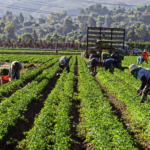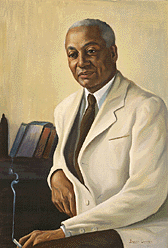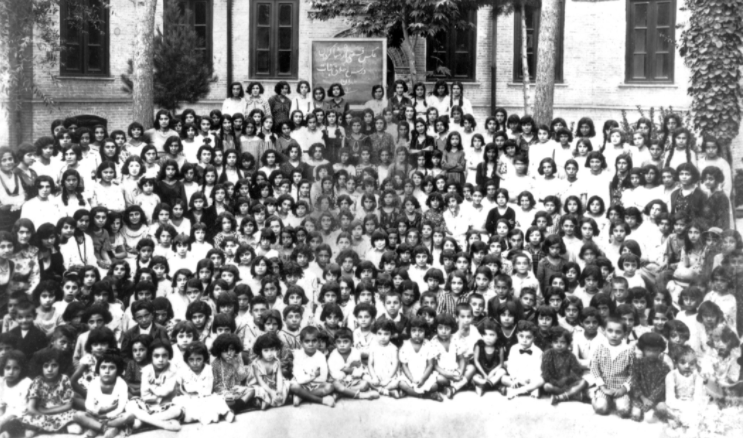
Libya’s Migrant Slaves

Among the tragedies befalling the people of Libya, is the tragedy befalling its migrant workers. On 9 March the International Federation of Red Cross and Red Crescent Societies reported that 30,000 migrant workers were forced back into Libya by forces loyal to Muammar Gaddafi to ‘return to work’ in Tripoli. This forced return amounts to slavery. It also violates international human rights in another way: Everyone has the right to leave any country … (article 14(2) Universal Declaration of Human Rights).
Almost as soon as the uprising began in Libya the bonds that had held a multi-national community together fell apart. Although nationals and foreigners had lived together and shared their future before the uprising – after the uprising a person’s citizenship determined their fate. For the Libyans there is no escape. Thousands of those who are seeking to flee are being piled up in hastily built refugee camps on Libya’s borders. For the Libyan refugees they may, like millions of other refugees, be left in ‘refugee warehouses’ on Libya’s borders. Those who remain, face war or obscene human rights violations.
As the uprising has descended into chaos and then into what the International Committee of the Red Cross has characterised as civil war, the world has seen non-nationals hastily flee the country. From domestic workers to oil executives, people have fled. Those from developed or powerful countries were quickly whisked to safety by ship and air. Many of the poor from poor countries have struggled to escape. As we saw above, 30 000 have been forced back to an uncertain fate to serve the needs of a dictator.
The stories are harrowing. Five thousands of foreign workers, mainly Africans are still caught at Tripoli airport. Between 200,000 and 300,000 have fled. Highlighting the desperate situation of many of these foreign workers are the 50 Bangladeshi workers who jumped ship in Crete after being evacuated from Libya. Not wanting to return to their own country they tried to enter Europe. Three died while jumping. Eleven remain missing. Many others were hospitalised.
In the camps on the border the situation of individuals is poor and people are desperate to leave. Some will succeed. Some will not. The poor citizens of poor countries are the most vulnerable.
This immediate crisis however has a longer prequel for migrants seeking entry to Europe – a prequel in which European countries collaborated with Gaddafi in violating human rights. The events in Libya have caused questions to be asked about the policies of countries which enetered into various relationships with the regime. One relationship is that of Italy, which paid 5 billion dollars to the dictator to keep African migrants from European shores. The following videos explore the nature and racist dimensions of the policies and its effects.
The next video reports on the difficult desert route taken by migrants trying to reach Europe through Libya. To call the journey a trail of death is not an exaggeration. Those who survive the desert and escape the patrols, may drown at sea, or (until recently) may have been returned to imprisonment in Libya.
The money provided by wealthy countries to the repressive regime claiming to be the authority in Libya whether to ‘keep migrants and asylum seekers away’ or for oil, is a direct causal factor in the regime’s ability to have maintained itself for 41 years. This situation, where rich countries supply the recognition and means for dictators or autocrats to oppress their people is cited by moral philosopher Thomas Pogge in his paper Recognized and Violated by International Law: The Human Rights of the Global Poor (see pp 16-17) as one of the reasons why the ‘rich’ world has responsibility for the human rights violations against people ‘beyond the border’, and one of the reasons why poverty continues to be the reality of so many hundreds of millions. The case of Libya is a clear example.
For migrant workers seeking to realise their right to work the story is the same, whether on the borders of Europe, the borders of the United States, or elsewhere. That European states which are involved in preventing migrants exiting other countries, are violating human rights, is undeniable (see UDHR article 14(2) above). That some have collaborated with an oppressive regime such as that in Libya makes the moral bankruptcy of such practices evident. Why would countries which pride themselves in their democratic values behave in such a way? Racism, xenophobia, and the politics of fear, is at its heart.







